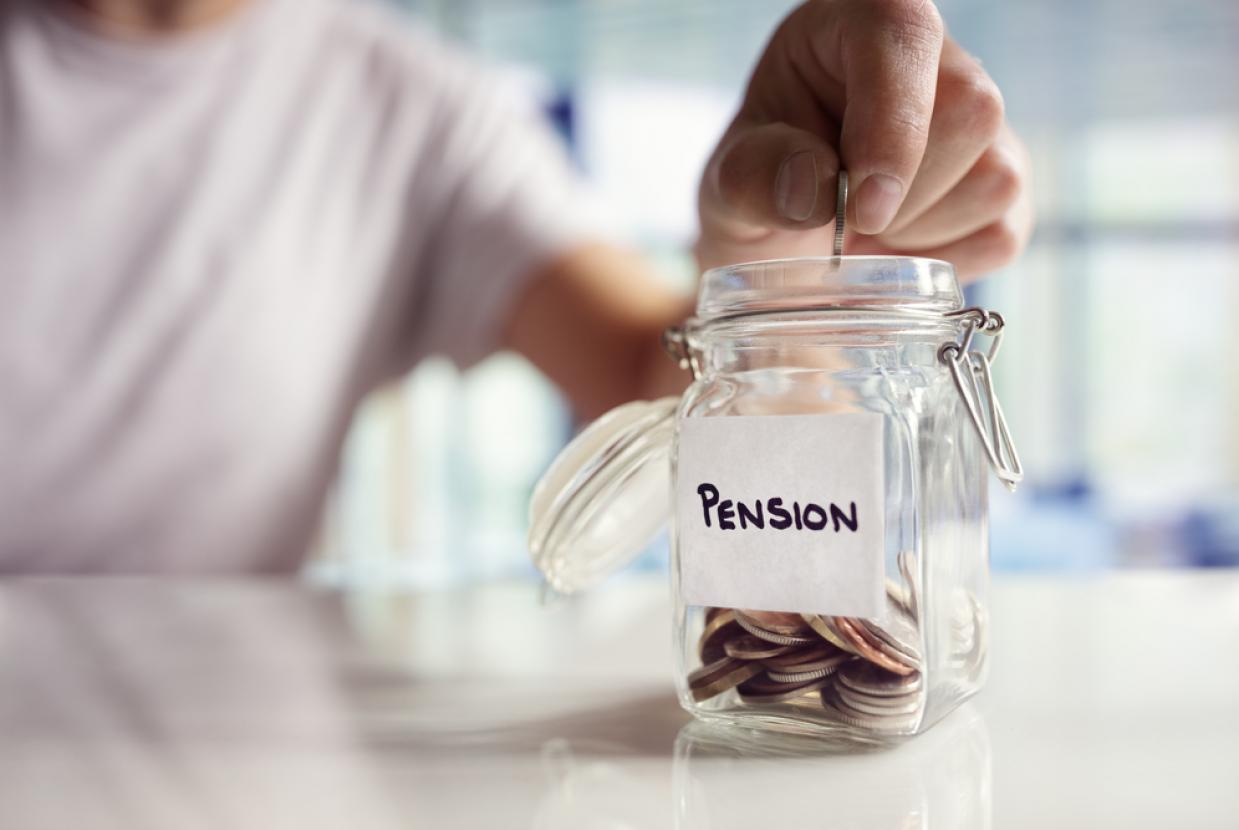The Link Between Physical Activity, Mental Health & Our Wellbeing
It’s well known that exercise is good for our physical health, but can it help our brain function too? The Global Council on Brain Health (GCBH) examines the evidence, as part of our Staying Sharp series.
Our advice
- A physically active lifestyle can help your mind stay fit.
- Move more throughout the day.
- Take regular exercise. Include aerobic exercise and muscle toning and strengthening activities.
- If you are not currently very active, start stretching and walking at a leisurely pace.
- Do more of the activities you enjoy, or try something new with other people.
It’s well known that exercise is good for our physical health, but can it help our brain function too? The Global Council on Brain Health (GCBH) examines the evidence, as part of our Staying Sharp series.
Our advice- A physically active lifestyle can help your mind stay fit.
- Move more throughout the day.
- Take regular exercise. Include aerobic exercise and muscle toning and strengthening activities.
- If you are not currently very active, start stretching and walking at a leisurely pace.
- Do more of the activities you enjoy, or try something new with other people.
Good for the body, good for the brain
It’s been established for many years that exercise is good for our bodies. There is also evidence that it’s important in ageing, for example in reducing the risk of conditions we may experience in later life, such as cardiovascular disease, osteoporosis and high blood pressure. But what about the brain?
Positive impact for brain health
In 2016, we reviewed the current science and concluded that physical activity benefits not only our bodies but can also have a positive impact on brain health.
The evidence tells us that a physically active lifestyle – meaning one that incorporates movement in day-to-day activities – provides benefits. Studies have repeatedly shown that people who lead a physically active lifestyle throughout their lives have a lower-than-average risk of decline in thinking skills with ageing.
The same goes for ‘purposeful exercise’ – meaning exercise that involves moderate to vigorous exertion that we take deliberately. In randomised controlled trials, people who took part in purposeful exercise showed beneficial changes in brain structure and function.
These positive changes can occur in relatively short amounts of time: some structural changes occurred after just 6 to 12 months.
What sort of physical activity should I choose?
We recommend combining an active lifestyle and purposeful exercise in order to maintain and improve brain health.
There are many ways to incorporate more movement into everyday life as part of a physically active lifestyle. Some examples include:
- walking instead of driving where safe and possible
- if driving, parking further away from your destination and walking
- getting off the bus a stop early and walking
- taking the stairs instead of the escalator or lift
- engaging in hobbies and sports that involve movement, for instance gardening, yoga or dancing.
Likewise, there are plenty of options for purposeful exercise, for example:
- brisk walking that raises your heart rate
- aerobic activities that raise your heart rate, such as cycling, jogging, swimming and group exercise classes
- strength and resistance training, for example squats, lunges and using free weights.
What types of physical activity are best? And how much should I do?
At the moment, there isn’t enough evidence to say what types of physical activity are best for brain health, nor what amount and intensity we need to do in order to get the benefit.
While many countries have adopted official guidelines on how much exercise people should do, these are based on research on the relationship between physical activity and cardiovascular health, not brain health. More research on the links between physical activity, brain health and thinking skills in later life is needed before we can make detailed recommendations in this area.
In the meantime, we recommend that people think about the type of physical activity – and the frequency, duration and intensity – that they are doing now and consider how they could increase or adjust it. Have a look at our summary for ideas.
It's never too late
There is evidence that people who are less active can benefit their brain health by becoming more active at any age.
Do what's right for you
There is no ‘one size fits all’ when it comes to exercise and physical activity. What people do should be tailored to their own state of health, fitness and readiness for exercise.
Where possible, challenge yourself a little bit more over time. For example, if you are currently not very active, start by stretching and walking at a leisurely pace. This can be built up to increase the pace or distance.
Making concrete plans to exercise, trying new activities and doing activities with other people can help you to stay motivated.
You should talk to your GP before:
- starting to take exercise if you are unsure or haven’t been exercising regularly
- significantly changing your exercise regimen if you are already exercising
- if you have a condition that limits movement

































